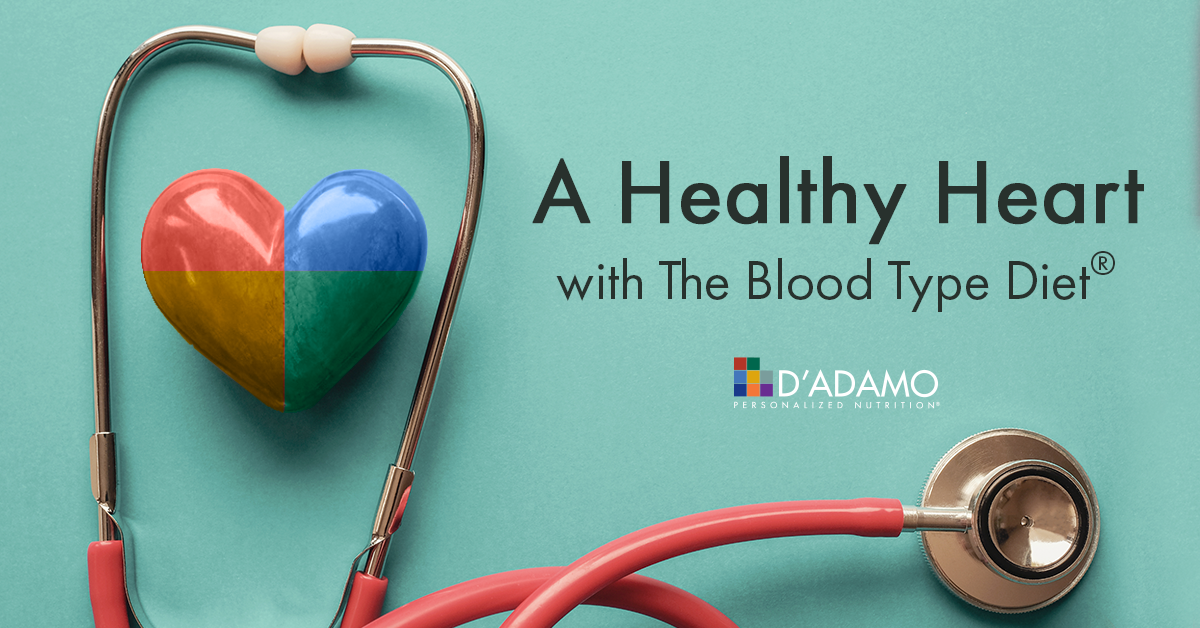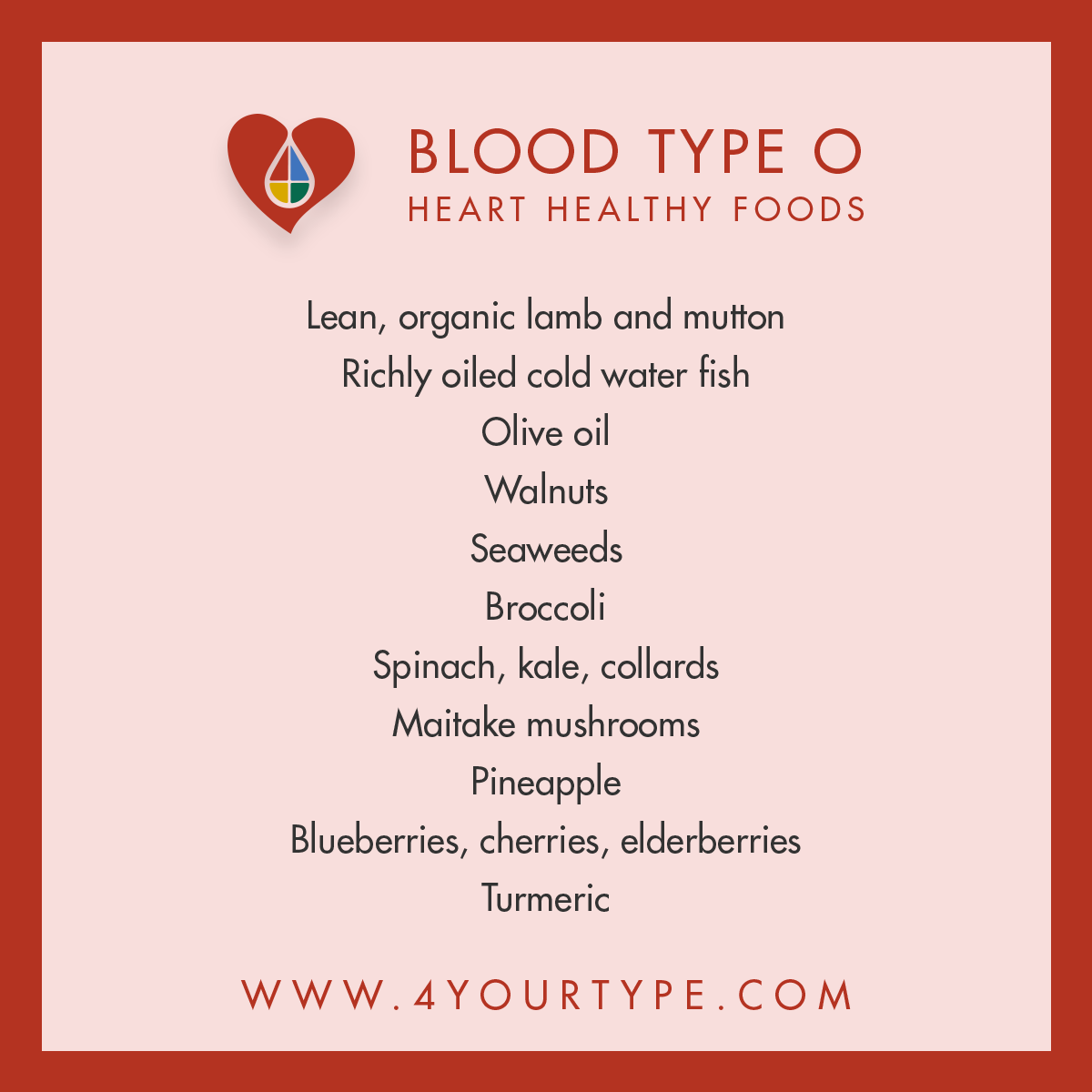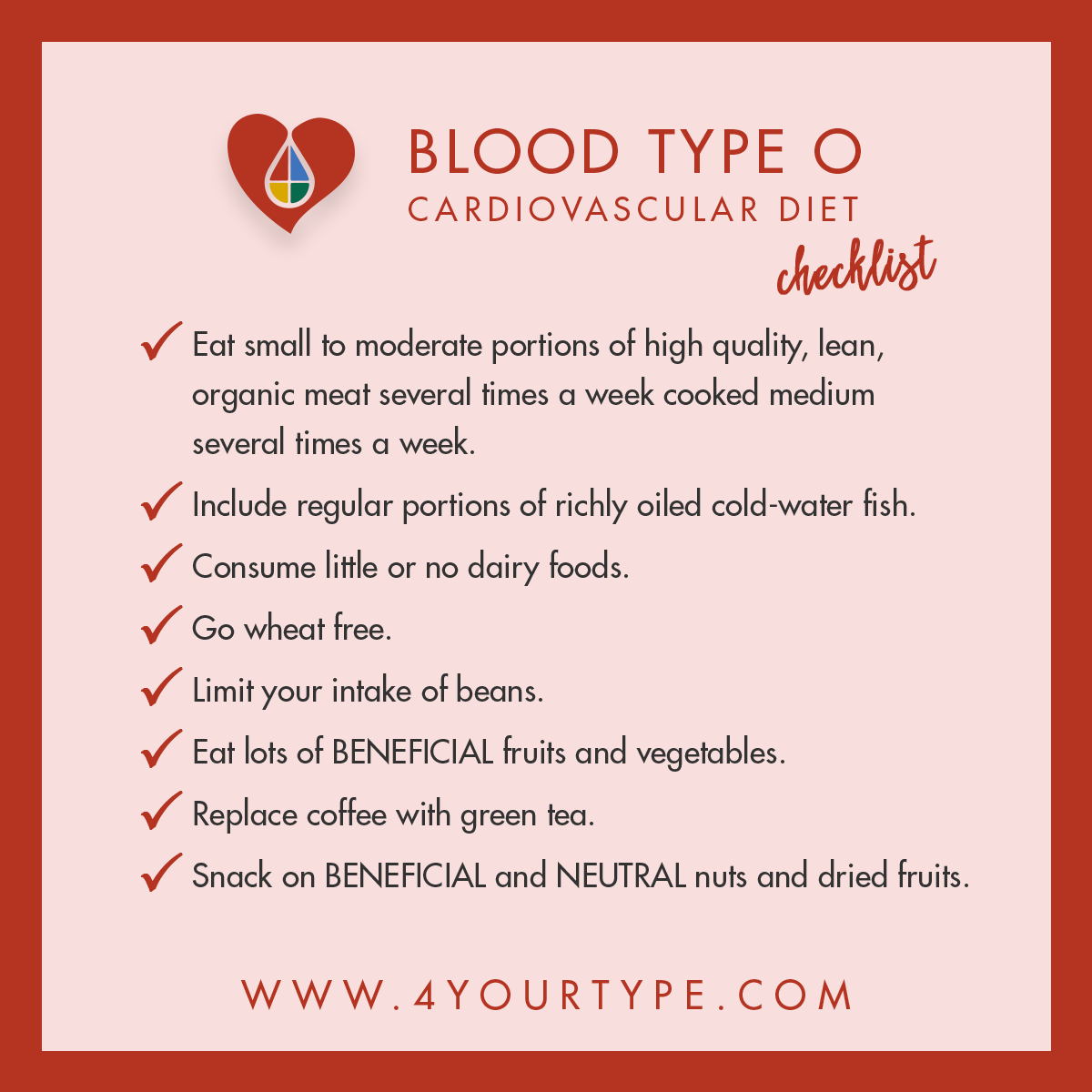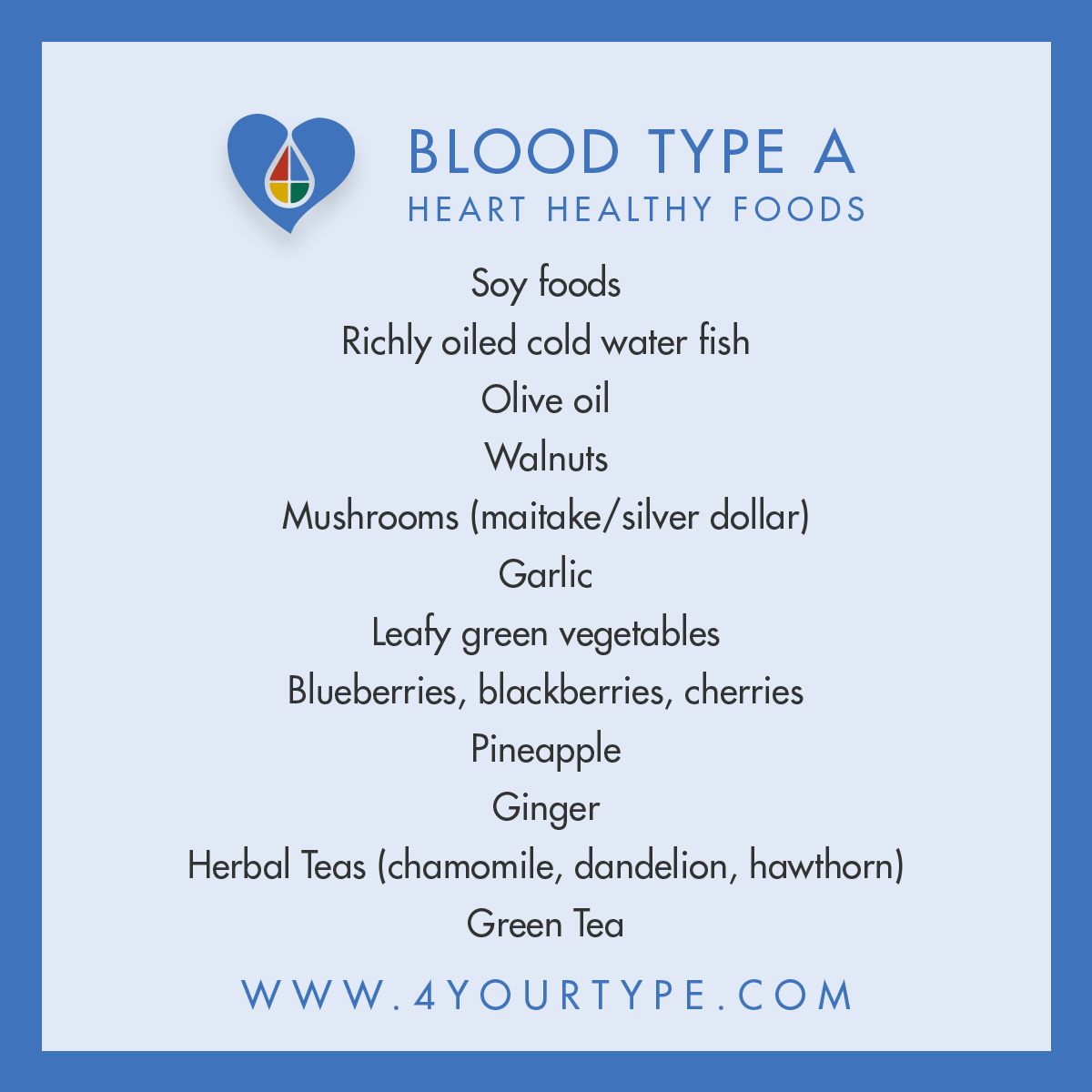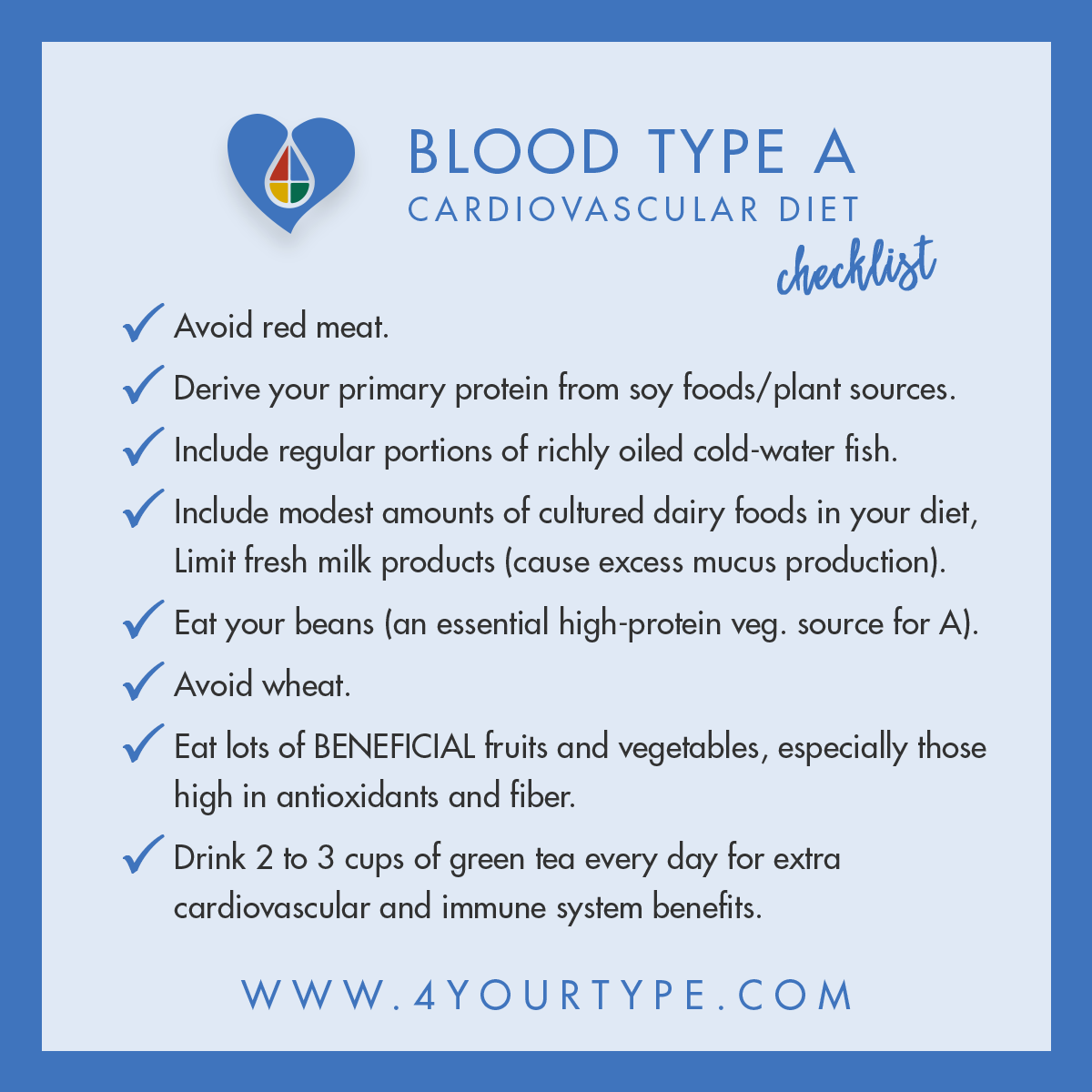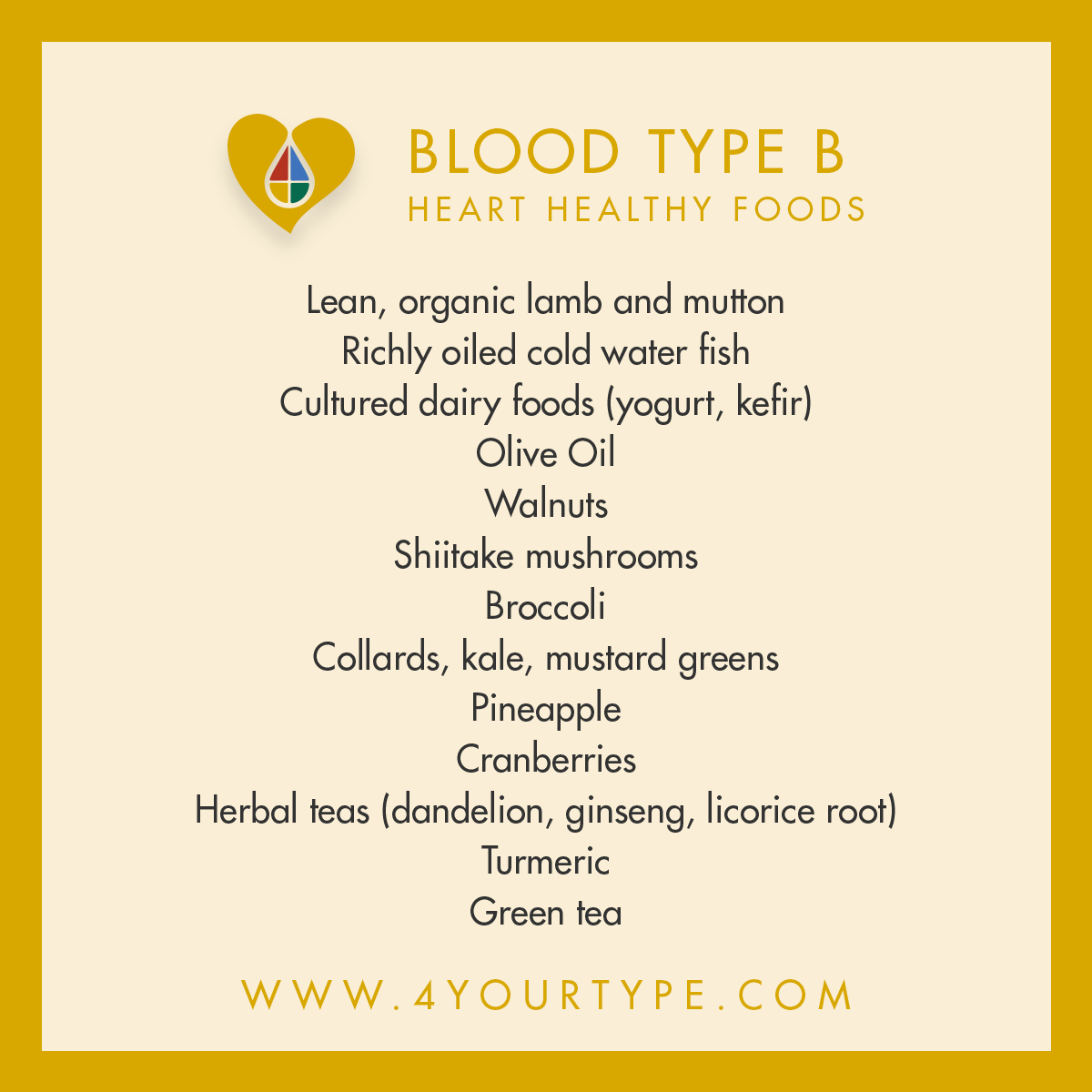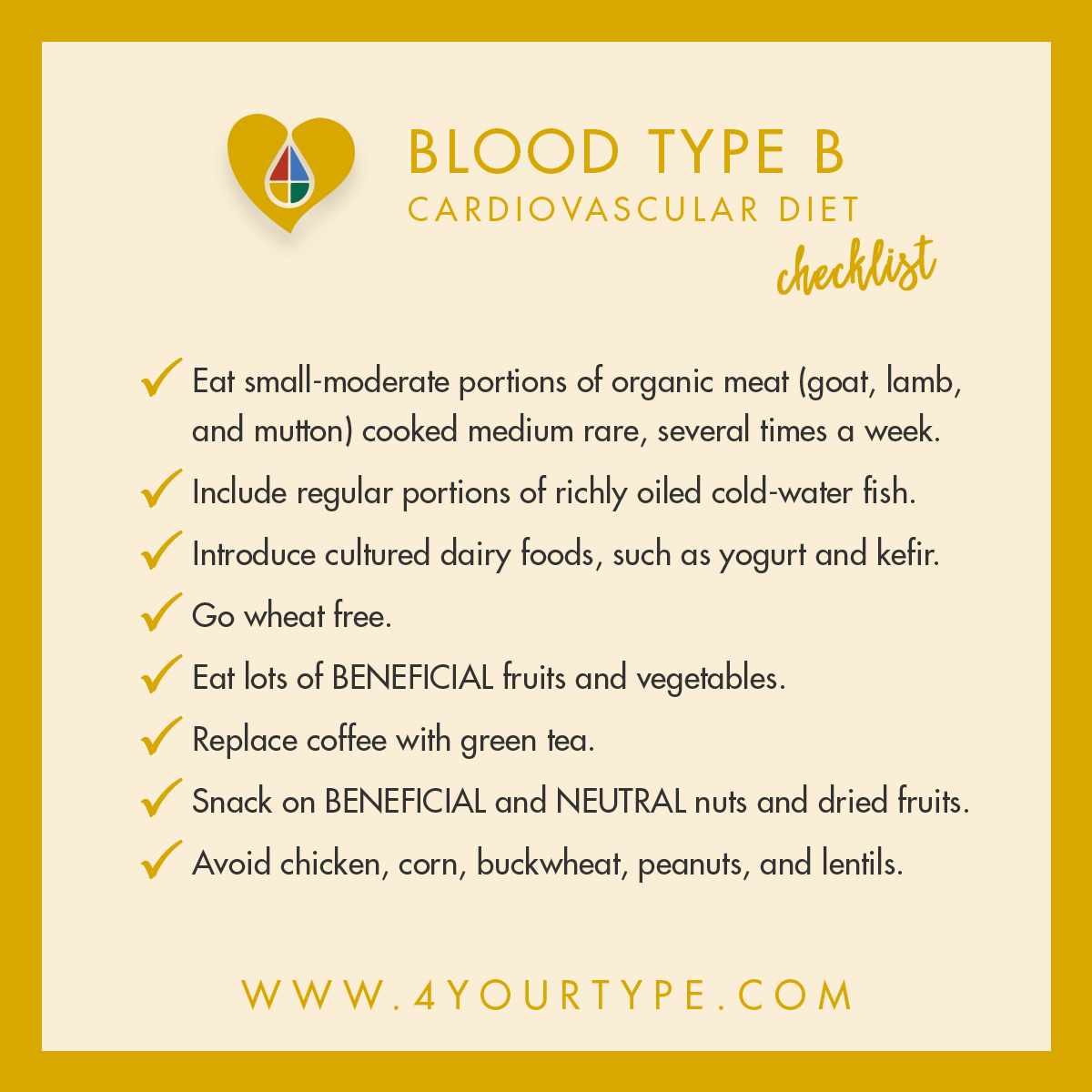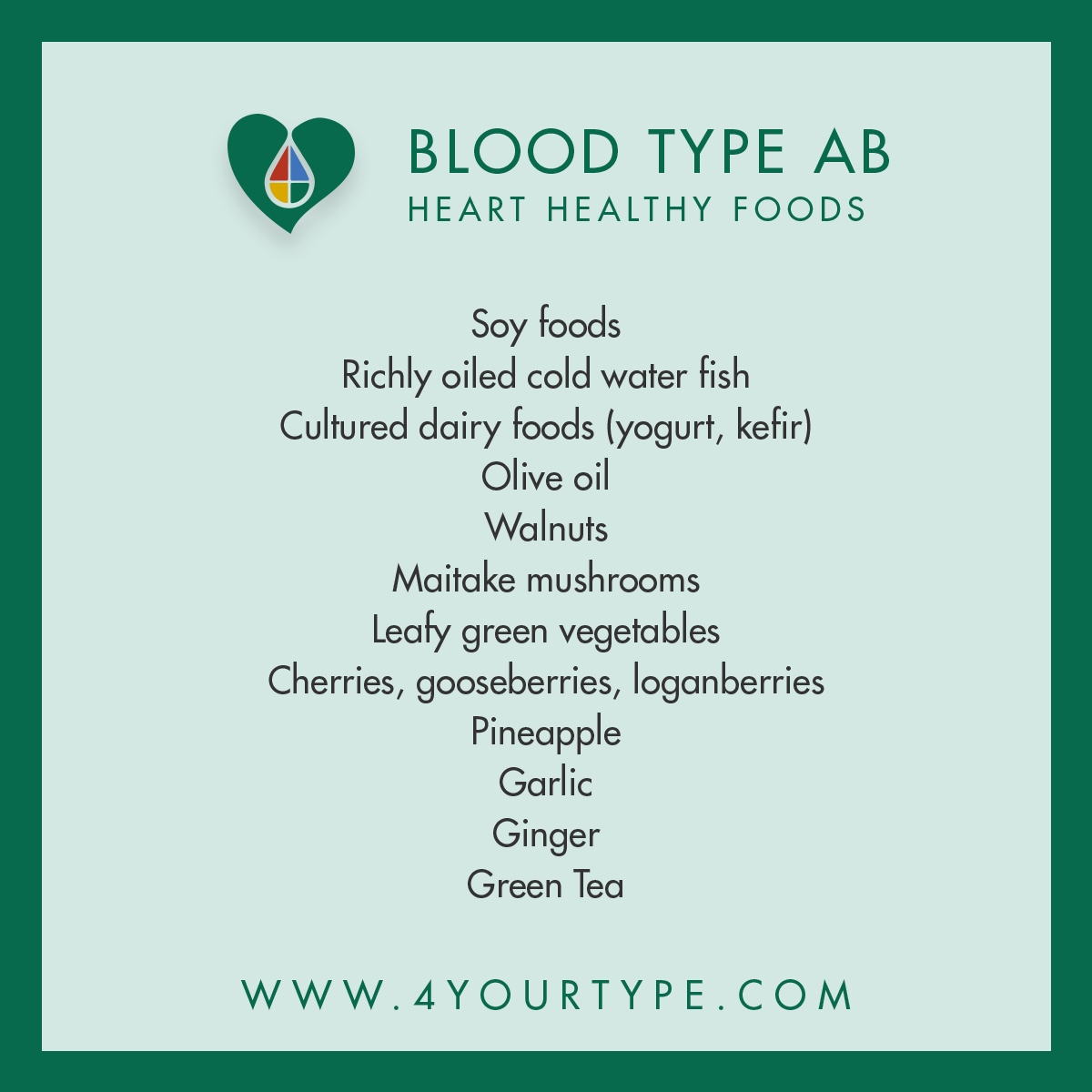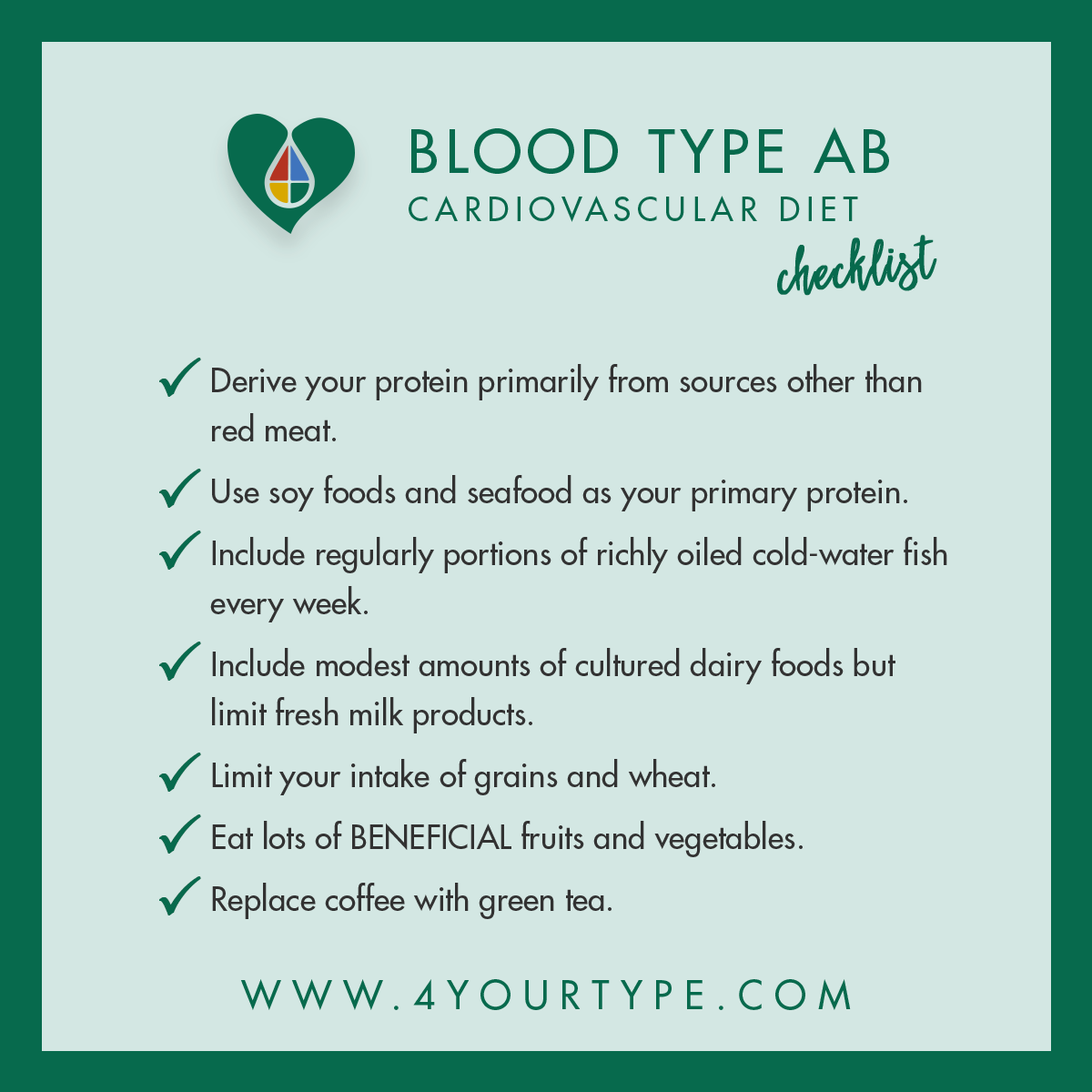The human heart is a remarkable organ. Every 24 hours, it beats over 100,000 times and pumps about 2,000 gallons of blood. That’s enough to fill an oil tanker! It’s also amazingly resilient. Biologist Alexis Carrel, winner of the 1912 Nobel Prize in Physiology or Medicine, concluded that given an optimum supply of nutrients and oxygen, the human heart would be capable of functioning perfectly for over two centuries!
So why then is heart disease the leading cause of death in the United States?
The answer lies in Carrel’s “optimum supply of nutrients” assertion. Most forms of heart disease are not caused by the heart wearing out, but rather by a breakdown in the blood flow (nutrient supply) to the heart. This is usually a result of disease in the arteries that the heart relies on.
Some of the well-known risk factors for cardiovascular disease include hypertension, tobacco use, diabetes, obesity, physical inactivity, and high cholesterol. But there is one less recognized factor, which offers both powerful predictive abilities and insight into what we should be eating to maintain optimal heart health - genetics. In particular, blood group genetics.
It is said that the eyes are the window to the soul. Perhaps blood type is the window to the heart.
The Link Between Blood Type and Heart Health
Your unique blood type can influence your cardiovascular system in many ways. There is a strong correlation between your blood type and your body’s ability to metabolize dietary fats,the thickness of your blood and even how your body responds to stress. Understanding the relationship between your blood type and your heart can provide vital information for cardiac health.
It’s true that heart disease can affect any blood type, but it is more common among those with Blood Types A and AB. Why? Because people with these blood types have more noticeable problems with high cholesterol. Type As and ABs have lower levels of the enzyme that is responsible for absorbing dietary fats. It is difficult for these blood types to digest red meats, so avoiding them is key.
This isn’t to say that those with Blood Types O and B are protected from heart disease, but their risk factors are less from the fat in their food and more from the fat on their person. These blood types tend to have carbohydrate intolerance. Overconsumption of carbs can lead to higher triglycerides and weight gain. So when they adopt a low fat, high-carb diet, it puts them at greater risk of heart disease. That’s why the conventional wisdom about what constitutes a heart healthy diet works well for some, but not for others, namely those with Blood Types O and B.
Your blood type also influences the thickness of your blood and its ability to clot. Blood clotting is important when there’s a wound that needs healing, but it can be harmful as well. When there are slight damages inside blood vessels, clots can build up, much like a layer of scabs, and inhibit proper blood flow. Blood Types A and AB form blood clots more readily. They also experience higher incidences of inflammation in the arteries and damaged artery walls. Such irritations make these areas more prone to blood clots.
Stress, of course, is a major risk factor in heart disease, particularly over a prolonged period of time. It can also lead to an increase in other risk factors such as overeating, smoking and high blood pressure. Of course it is not the stress itself that causes harm, but the body’s reaction to that stress. While all blood types will respond to stress by secreting more of the stress hormone cortisol, Type Os are on the low end of the scale as compared to more stress sensitive Type As who have naturally higher levels of cortisol to begin with.
A Heart Healthy Diet Is Not One Size Fits All
Decreasing fats, such as animal protein, and increasing whole grains is common modern-day advice on what to eat for a healthy heart. While this type of diet may be beneficial for some blood types, it may not be for others.
Because those with Blood Types A and AB have higher rates of heart disease, they can skew the results of dietary studies, which can be problematic for other blood types. For example, if 75% of cardiac patients improve on a low fat, high carb diet, recommendations that cater to the majority don’t take into account the remaining 25% - those with Type O or Type B blood.
Animal products are actually more fully digested in Type Os and Bs and they rarely spike blood cholesterol levels. This is due to higher levels of enzymes known as alkaline phosphatase (ALP), which helps break down proteins. On the contrary, for Type Os and Bs, a diet high in carbohydrates such as grains can lead to other conditions that raise the risk for heart disease. These include an increase in abdominal fat, high triglycerides, high blood pressure, high blood sugar and lower amounts of “good cholesterol” (HDL).
A heart healthy diet is not “one size fits all.” In fact, common recommendations, while beneficial for some blood types, may be harmful to others, particularly those with Type O and B blood.
Personalized Nutrition For a Healthy Heart
Eating right for your blood type is the foundation for overall well being. And that includes a healthy heart. Your ABO profile (your blood type) can help you understand why certain foods are Right 4 Your Type and others aren’t. If you’re new to the Blood Type Diet and want to learn more, start here.
Below are some of the top heart healthy foods for each blood type:
Heart Healthy Exercise For Your Blood Type
The heart is largely made up of muscle, and as such it needs exercise to thrive, just like your other muscle groups. And since exercise is also important for relieving stress, it’s especially important for a healthy heart. But not all exercise is the same.
Each blood type has a distinct programmed instinct for overcoming stress with exercise. Because Blood Type As have naturally high levels of cortisol and difficulty lowering it, they benefit most from low impact, relaxation-based workouts, such as yoga, tai chi and walking. Over training or intense aerobic exercise can actually cause additional stress for Type As, causing more harm than good.
For those with Blood Type O, however, intense exercise is incredibly important and plays a key role in lowering stress and balancing emotions. Heart-rate-raising exercises such as running, cycling and martial arts are good choices for Type Os.
For Blood Types B and AB, stress regulation and overall fitness are best achieved with a balance of moderate aerobic activity and mentally soothing, stress-relieving activities. Get more information on working out according to your blood typehere.
Supplemental Support for the Heart
The health of your cardiovascular system depends on many factors including diet, exercise and lifestyle. To naturally supplement these components, Dr. Peter D’Adamo has designed a wide range of advanced formulas that target cardiovascular function.
TheGenoma Fish Oil Blend contains a powerful combination of cod liver oil as well as other fish oils, and provides the perfect combination of the Omega 3 fatty acids EPA and DHA. Fish oil is well known for its overall health benefits, particularly the support of heart and cardiovascular health.
TheFlaxseed Oil Formulais a perfectly balanced blend of cold-pressed flaxseed oil designed to improve cardiovascular health for all blood types. One teaspoon of flaxseed oil contains twice the amount of Omega-3s that most people get through their diets.
Genoma Cardia, which is a unique blend of herbs, botanicals, amino acids and nutrients tailored for heart strength, includes Hawthorne berry extract to support circulatory health.
A full list of supplements for heart health can be foundhere.
If you’ve enjoyed this article and are interested in more in-depth information on how to create an individualized plan for treating heart conditions, high blood pressure, high cholesterol and more, Dr. D’Adamo’s book,Cardiovascular Disease: Fight it With the Blood Type Diet has everything you need to get started.
What if I Don’t Know My Blood Type?
Don’t know your blood type? Our inexpensive Original Home Blood-Typing Kit is easy to use and provides immediate results. What used to involve a visit to the doctor coupled with medical testing can now be conveniently done at home. Knowing your type is the first step towards achieving heart health and overall wellbeing.
A personalized approach to nutrition is beneficial for everyone, but if you’re looking to improve cardiovascular health, eating right for your blood type is critical to maintaining a healthy heart.

